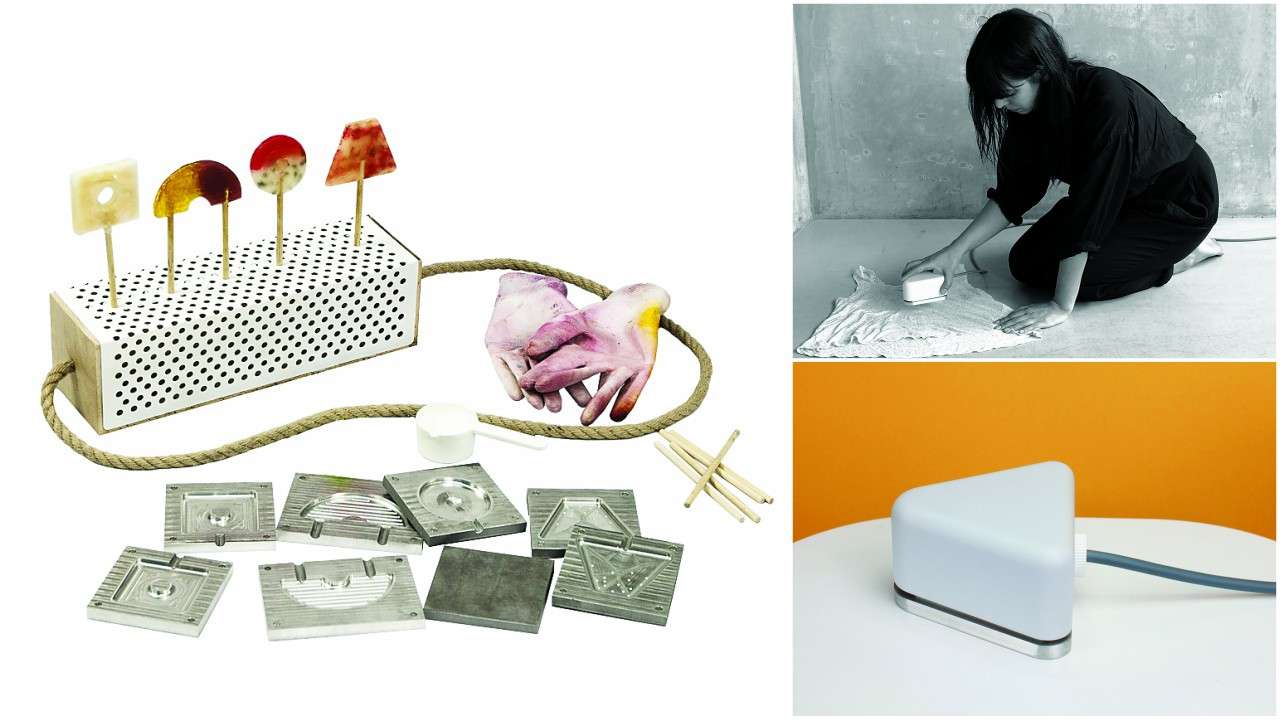
Designing products for that right dose of functionality, comfort and sustainability is challenging and requires constant reinvention and introspection. Hoping to simplify this correlation of multiple factors is Sweden-based designer Tessa Geuze with her experimental project 'Identity of Things' that focuses on emotional relationships between people and things.
Geuze observes that in a consumption-driven society, people are increasingly buying things they don't need and things that they do, are usually out of reach. "We surround ourselves with things that we do not care about," says Geuze. She realised the same about herself in the last couple of years, when she relocated a few times. "Every time I moved, I wanted to have a fresh start and I caught myself wanting to get rid of products that were still perfectly fine. They were not broken, it was just that I got bored of them. And I knew I was not the only one with this behaviour." While she viewed sustainability as a crucial topic, her understanding about the term then was mostly limited to use of resources (energy, material, etc.). As realisation dawned that it is actually a behavioural problem and there's a need to find ways to relate differently to the surroundings, she decided to dig in.
A few products she experimented with included a hairdryer that can be used as a heater, and an iron that can be used to fry eggs. The products come with manuals that are totally empty, for people to fill in themselves. Imagination determines the functionality here, which makes it more valuable because they've come up with it, she emphasises. These products were also on display at the Ung Svensk Form exhibition in Mumbai.
Imagination determines the functionality here, which makes it more valuable because they've come up with it, she emphasises. In today's throwaway culture, most materials used take more than a lifetime to grow, while products are consumed in just a couple of years, or even less.
"Besides, I believe that living a more simplistic life, surrounded by only things that inspire you, is more healthy when it comes to mental well-being," she says.
"In design we are taught to always consider the user. This feels wrong, and I think by just changing the words, we can already change a lot," Geuze believes. As a consumer, she feels she is merely using the products. "My thoughts are that if we would not use, but also participate, the things surrounding us could become much more valuable to us because we added something ourselves. It becomes a shared responsibility."
The way forward here, Geuze feels, lies within educating people to think about the consequences of their behaviour.